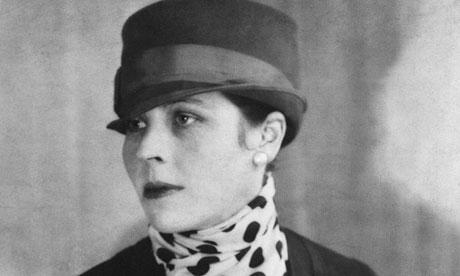
The background
What are the ten most difficult books of all time? Emily Colette Wilkinson and Garth Risk of The Millions have, after three years of research, decided upon them. The decisions were made based on length, hadness of syntax, style, or generic strangeness, or their techniques or abstraction. The writers defended their list, saying that some would disargree with them, but: “this is also a list for those who, after breaking the spine, picked up the wounded volume, taped it back together, and finished that infuriating chapter, and another, and another… until, triumph!, it was finished at last. And, perhaps, now that we think on it again, having finished, could it be that it was worth the struggle? Could it be that in the pain of it was a tinge of pleasure, of value (not to mention pride)?”
So what do you think? Have you read any of the books on the list? Have you read ALL the books on this list?
Here’s the list:
Nightwood by Djuna Barnes
A Tale of a Tub by Jonathan Swift
The Phenomenology of Spirit by GF Hegel
To the Lighthouse by Virginia Woolf
Clarissa, or, The History of a Young Lady by Samuel Richardson
Finnegans Wake by James Joyce
Being and Time by Martin Heidegger
The Faerie Queene by Edmund Spenser
The Making of Americans by Gertrude Stein
Women and Men by Joseph McElroy
Two and a half’s not bad
Alison Flood on the Guardian’s Books blog said she’d read “two and a half” of the books on the list. She saluted them for it, and added that she might have included Thomas Pynchon’s Gravity’s Rainbow and David Foster Wallace’s Infinite Jest, whilst she would have gone for Woolf’s The Waves over To the Lighthouse. She’d read the latter, and Clarissa, and half of The Faerie Queene; she’d also read the Swift, but didn’t count it. However, she said she probably wouldn’t increase her total – Finnegans Wake, anyone? Nightwood is tempting. But has anyone read all ten?
Woolf and Richardson aren’t difficult
J’s Theater blog said he agreed with 7 of the books, but had only managed three – Nightwood, To The Lighthouse, and Clarissa. He’d started, but never finihed, Hegel, Joyce, Heidegger, Spenser. He didn’t think the Woolf was at all difficult, nor Richardson – it’s “just monstrously long and tedious in parts, with horrific bits.”
So what do you think? Let us know!

